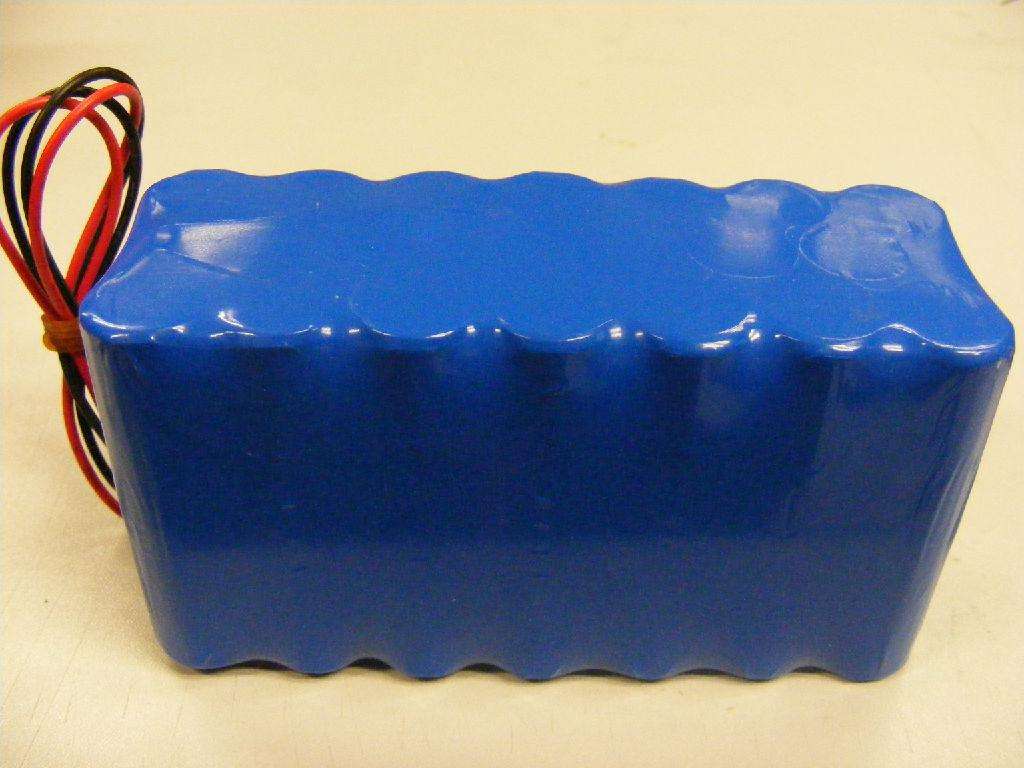The Chinese
administration plans to cancel the subsidy on EV completely in 2020. Under
this, the Korean battery makers have another opportunity to get some share in
the Chinese market.

The
Chinese administration is about to terminate its subsidy policy issued to its
auto manufacturers by 2020, and the Korean battery makers are increasing their
investment into China. This has been proven by a top manager in a Korean
battery company.
In
2015, the top 3 Korean battery makers started running their plants in China,
which were focused on supplying batteries to SAIC Motor Corporation Limited,
Zhengzhou Yutong Group Co., Ltd., Beiqi Foton Motor Co., Ltd., etc., according
to market intelligence firm CCM. In June 2016, however, the batteries produced
by South Korea were left out by the Chinese administration in its subsidy list.
Since then, the Korean battery makers have lost their Chinese clients. Now they
are faced with a new opportunity, as China's subsidy policy is to be terminated
completely in 2020.
Therefore,
the Korean battery makers re-invest in China. For example, SK Innovation, as a
well-recognised battery maker in South Korea, changed its China-based SK
Battery into SK Lanlong Energy and made an investment of USD80.14 million.
CCM
believes that the domestic power battery makers and the foreign ones will be
treated similarly when the subsidy on EV is cancelled completely in 2020. That
is to say, the domestic power battery makers should compete with the foreign
companies by virtue of their own strengths. The ahead-of-time business
distribution by Korean battery makers such as LG Chem and Samsung SDI is an
indication that other foreign power battery makers may also speed up the
investment, as China is the world's largest power battery market. Foreseeably,
the competition in the market will become fiercer.
Panasonic
is the largest supplier of power battery in the world (excluding mainland
China) and is the battery supplier to the world's most famous EV manufacturer
Tesla. The next is LG Chem. Apparently, there is a certain gap between such
companies and the Chinese power battery makers. Hence, it is a test of the
strength of the Chinese power battery makers when the market is open to the
world completely and is a necessity if the Chinese power battery makers intend
to grow stronger and larger.
About the article